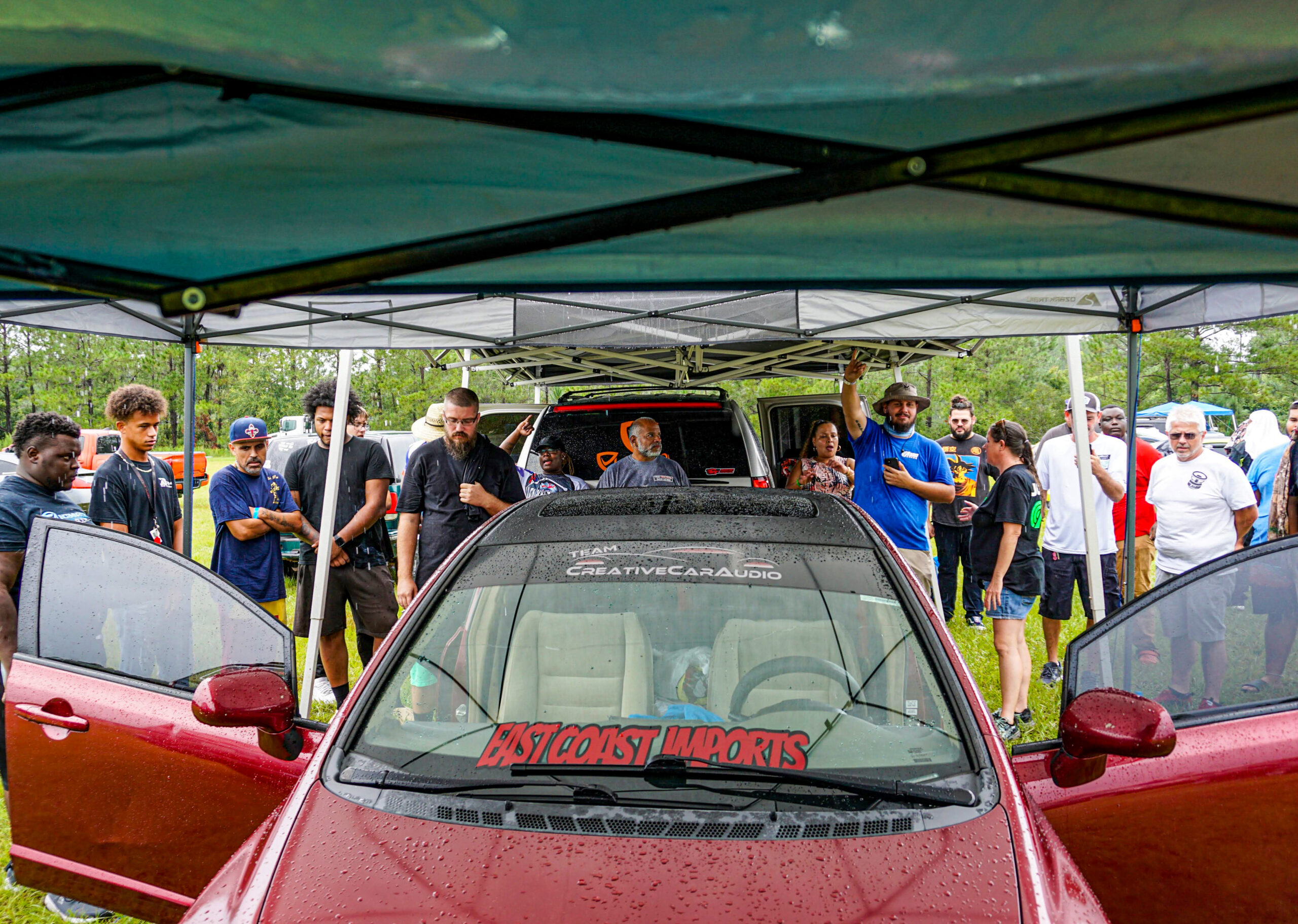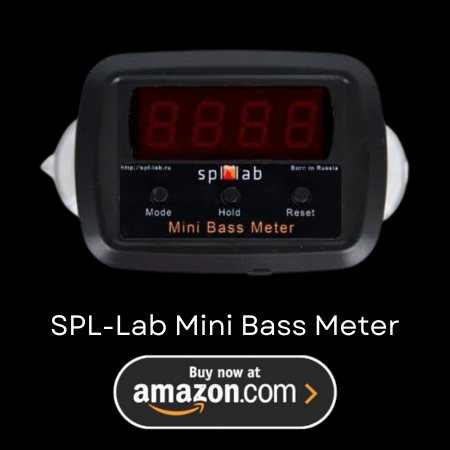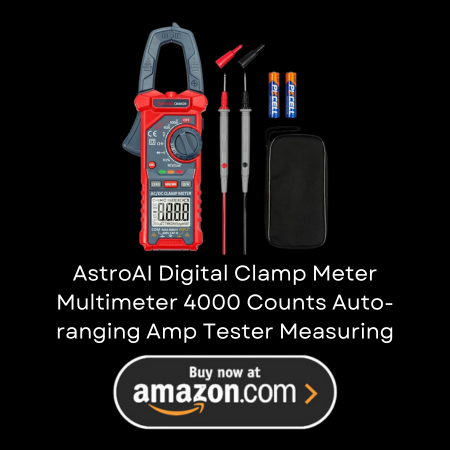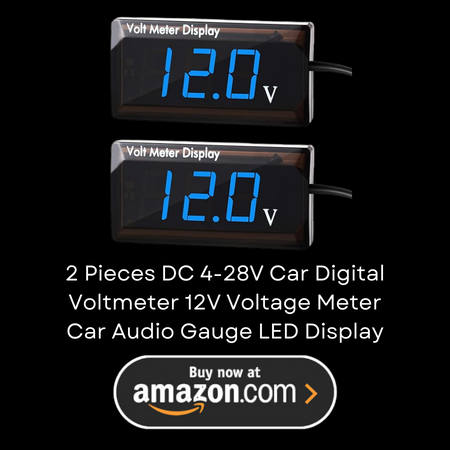Basic Terminology
Hertz – The hertz (symbol: Hz) is the unit of frequency in the International System of Units (SI) and is defined as one cycle per second.
Bandwidth – the span of frequencies your car audio system can play most efficiently.
Your bandwidth is typically your peak frequency plus or minus 5Hz. Run a sweep on a meter to get exact data. Example: Peak is 39Hz, Bandwidth = 34-44Hz
Musical Average When playing music during the run, the average of the total score maintained through the run is the final score.
Example: You begin your run at 156 db and as the run continues it continues to lower due to loss of power over the course of the run. By the end of the run your score is now a 154 db. Your musical average final score would be about 155 db.
Peak Frequency The frequency, measured in hertz that your vehicle generates the highest decibel level.
Example: Your vehicle does a 145 DB at 39 hertz but only does a 144 or lower at other frequencies. 39 hertz would be your peak frequency.
Peak Hold Playing tones otherwise known as burping is usually scored based on Peak Hold. This is the level at which your vehicle played the loudest and is used to determine your overall score.
Run A run is your complete attempt, from start to finish to put up a score on a meter. Some organizations allow re-runs, where you are allowed a second or third attempt on the meter.
Scratch/DQ If your vehicle is in violation of any rules or regulations or if you break a rule during your run/attempt your final score may result in a scratch or Disqualification.
SPL Meter Device used in SPL Competition. The microphone can be placed in various areas of the vehicle depending on format. It measures the sound pressure level of the vehicle. It is usually placed on the windshield near the dash referred to as a Legal or Dash Score. Other common locations are the headrest of the seat, in the kick which is the front corner of the floorboard near the door.
Sweep A series of tones played in a vast range to determine the peak frequency of the vehicle. A sweep will play a tone beginning at a low frequency and continue to higher frequencies.
For more about basic car audio terminology, Check out this video:
Conduct
Good sportsmanship and ethics should be implied however some organizations have specific behavior regulations. There are even organizations that have procedures for initiating an investigation for cheating. In general, showing respect to your judges and fellow competitors will keep your within the guidelines.
Example: USACI Rulebook Code of Conduct
By entering an event, or being a member of any USACI affiliated online group including, (but not limited to) any social media outlet, you automatically agree to these terms and conditions of the USACI Code of Conduct:
All USACI competitors will be required to conduct themselves in a professional manner at all timesat
events or any online interactions affiliated with USACI.Always be respectful to USACI officials and fellow competitors.
Always be respectful to any Sponsors, retailers and promoters affiliated with USACI.
Always do your best to operate your vehicle and sound system in a safe respectful manner.
Always do your best to represent USACI in a positive fashion
Vehicle Requirements
As always, it must be specified that each competition organization has its own rules and regulations. Although there are some requirements that are universal. A vehicle usually must be drivable, as in able to pull into to competition area without assistance. Vehicles can be towed to a show or event but some classes or formats may require vehicles can be driven at least 50 miles or they will be classified as extreme.
Vehicle Ownership
Vehicles must be registered, licensed and insured. Most organizations require that the owner of the vehicle be the competitor or a family member.
Example: According to the MECA rulebook –
Competitors and/or someone in their family, must own the vehicle that is used in competition. Driver’s license and vehicle registration are required to verify eligibility for State Championship, and/or World Finals Soundfest eligibility. Regardless of registration, a vehicle may not be used by more than one Competitor at a show. Additionally, a competitor may not use another Competitor’s vehicle.
Registration
Audio Arena offers online pre registration. Most organizations use in-person registration. When you arrive at the event, look for the booth for your competition. Sometimes the lines waiting to pull in are referred to as “the lanes. ” Competitors pull into their organizations lanes and compete paperwork once it is their turn to run their vehicle. In person registration is most often a cash only transaction.
Pro Tip: During registration is a great opportunity to introduce yourself to the judges and clarify any classing or rules questions you may have. Knowing your class with help you keep track of where you place on the organizations leader board and ensure expedited registration. This can help determine how much you will need to add or uninstall to go up, down or just be more competitive in your current class.
This article uses material from the Wikipedia Article: “Hertz” https://en.wikipedia.org/wiki/Hertz
which is released under the Creative Commons Attribution-ShareAlike 3.0 Unported License (view authors). https://en.wikipedia.org/w/index.php?title=Hertz&action=history




